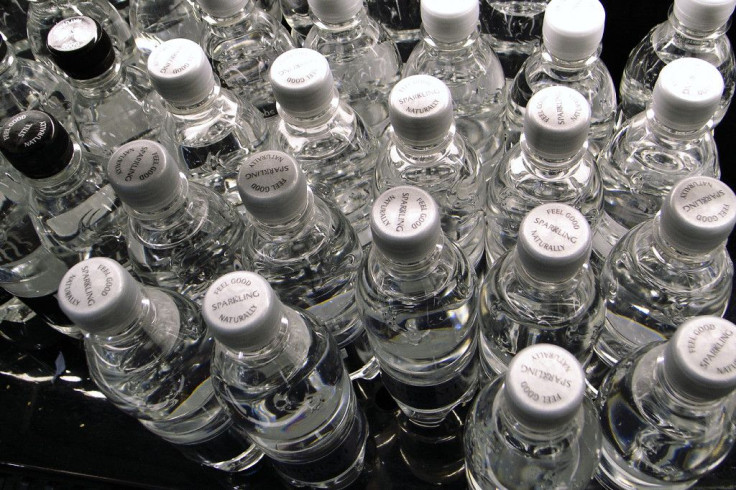Thousands Of Microplastic Particles Enter Our Bodies Every Year, Bottled Water Doubles That Number

Every year human beings are ingesting large amounts of microplastics – small, microscopic pieces of plastic – while eating, drinking and even breathing, says a study.
The research paper on human consumption of microplastics suggested that thousands of tiny microplastic particles are consumed by Americans annually. On an average, a person is consuming around 70,000 to 121,000 of tiny plastic particles each year. The research paper indicated that the number varies depending on the age and sex of the person.
While the estimated total annual ingestion of microplastics for men is 121,000, for women it is 98,000. For boys and girls, the inhalation and ingestion of tiny plastic particles are approximately 75,000 and 64,000.
The study, published in the journal Environmental Science And Technology, also suggested that drinking water from plastic bottles will double the number of microplastic particles ingested in a human body every year.
The researchers said that a person can add up to 90,000 microplastic particles to the total number of these particles consumed by him annually by exclusively drinking bottled water.
According to the study, the annual estimated intake of microplastics via bottled water is approximately 127,000 for men and 93,000 for women. The annual estimated ingestion of plastic particles for boys and girls are 75,000 and 64,000.
Apart from bottled water, things, like salt, sugar, seafood, honey alcohol, air and tap water, can also contribute to the total number of plastic particles entering human body. Though meat and vegetable are also believed to contribute to the ingestion of plastic particles in human body, studies are yet to identify their roles due to insufficient data.
The question now is how these tiny plastic particles can affect the wellbeing of a person? Several studies have anticipated that ingesting large amount of plastic particles to the body could create health concerns.
A 2017 study titled “Plastic and Human Health: A Micro Issue?” suggested that “accumulative effect” could occur due to the ingestion of small plastic particles in the human body. The paper indicated that the plastic particles could release pollutants and toxic chemicals absorbed from the environment on entering the tissues.
However, the full impact of tiny plastic particles on the human body is yet to be known, mainly because it is an emerging topic of research.
© Copyright IBTimes 2025. All rights reserved.





















